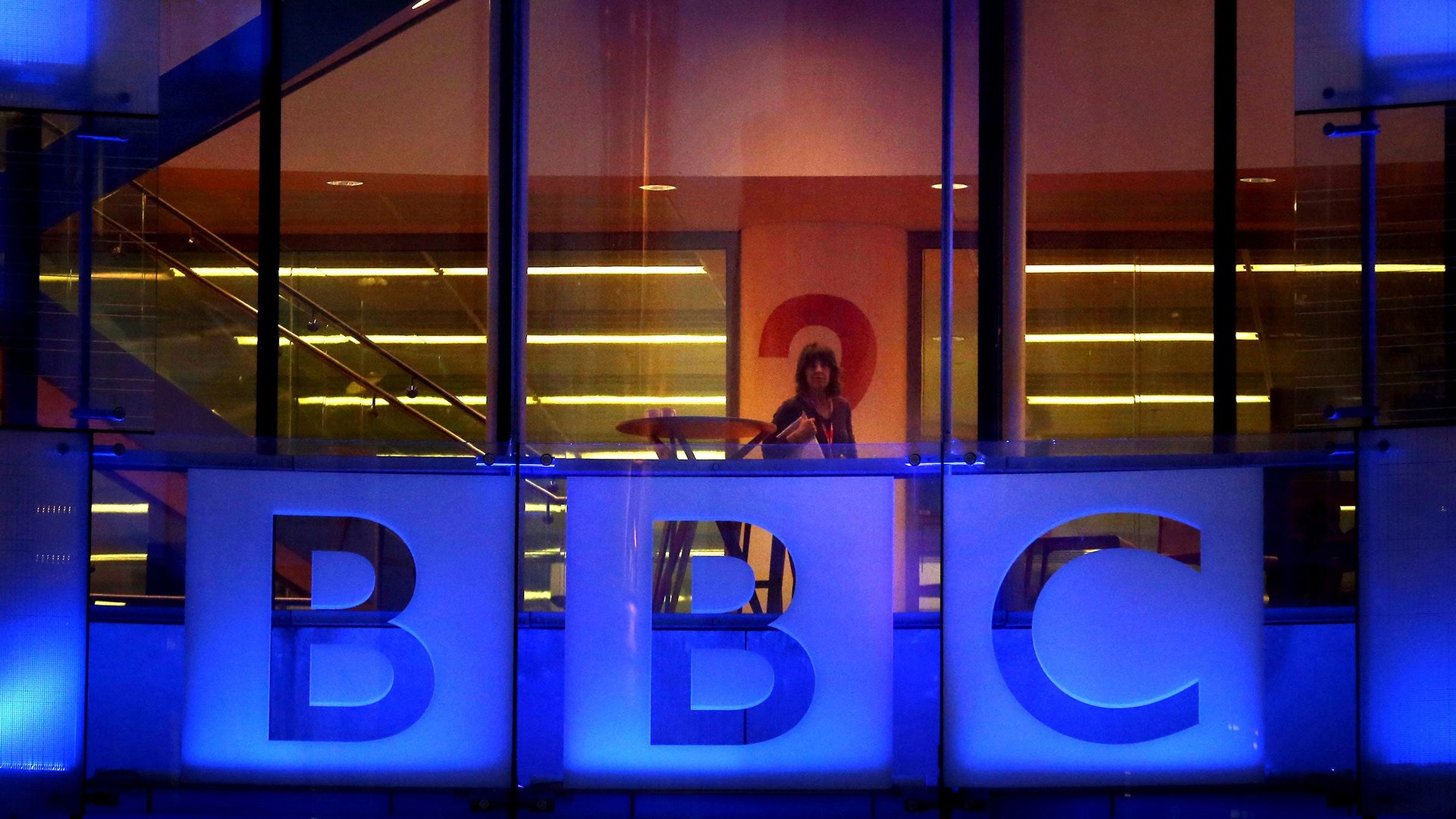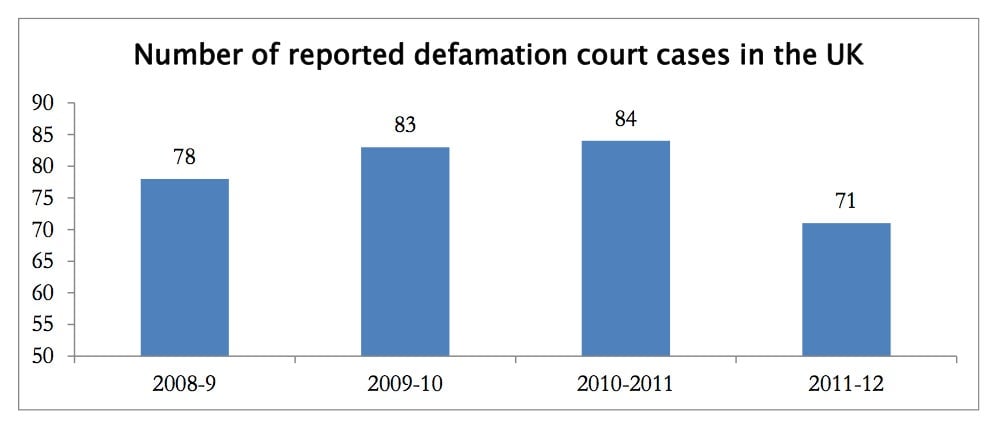Is the BBC a den of iniquity, a rudderless ship, or just getting sloppy?
Chris Patten, chairman of the BBC Trust, has called for a “structural overhaul” at the BBC following two high-profile scandals. The first involved claims of sexual abuse of minors by a BBC presenter (the deceased Jimmy Savile). The second scandal hit last week following the airing of current affairs program Newsnight, which wrongly implicated a former senior political official in a sexual abuse scandal involving a minor.


Chris Patten, chairman of the BBC Trust, has called for a “structural overhaul” at the BBC following two high-profile scandals. The first involved claims of sexual abuse of minors by a BBC presenter (the deceased Jimmy Savile). The second scandal hit last week following the airing of current affairs program Newsnight, which wrongly implicated a former senior political official in a sexual abuse scandal involving a minor.
George Entwistle, the BBC’s director general, resigned on Sunday over the latest crisis, just 54 days after taking office, saying it was the “honorable” thing to do. The resignation followed a scathing interview on Radio 4’s Today program, ironically showcasing the high-quality journalism for which the BBC is famous. Reporter John Humphrys aggressively grilled Entwistle until he admitted that he was clueless that the Newsnight scandal had happened until days later, and that he had missed a front-page Guardian story exposing the case as one of mistaken identity.
Ever since, the knives have been out, from inside the embattled organization as well. The well-respected BBC presenter, Jonathan Dimbleby, called the BBC:
…a rudderless ship heading towards the rocks.
While Gareth Price, former BBC boss in Wales, said the BBC episode is the result of ”shoddy journalism“ resulting from a lack of resources for reporting, and a lack of attention by management.
Journalism in the age of Twitter has become a much more fast-paced and careless thing, but on Newsnight, one of the BBC’s flagship programs, certain standards are supposedly maintained. According to the Telegraph, fundamental practices were ignored. The BBC used an outside outfit, the Bureau of Investigative Journalism, to do much of the reporting, but didn’t do enough of its own due diligence. The BBC never showed the photograph of the official who was alleged to be the attacker to the victim, nor did it contact the official to hear his side, or his denial.
Newsnight issued a statement saying the victim had wrongly identified the abuser and apologized. Two more BBC employees have been put on leave during investigations into the case, including the director of news, Helen Boaden, and her deputy, Stephen Mitchell. And all investigations by the show are on hold.
Perhaps more worrying, though, isn’t the fact that the BBC failed to check its facts; it’s how news stories so quickly take on a life of their own with little if any follow-up checking. Ironically, it wasn’t Newsnight who named the former political leader accused of pedophilia—it left that to the imagination of viewers and other media. George Monbiot, a columnist from the Guardian outed the alleged abuser by tweeting his name after the program. Monbiot has since apologized.
I helped to stoke an atmosphere of febrile innuendo around an innocent man, and I am desperately sorry for the harm I have done him.
If this all leaves you thinking that journalism is over and you can’t trust anyone, there is a bright spot of news. The latest UK figures show that despite some high-profile defamation suits such as those recently filed by various celebrities against the Trinity Mirror media group, the number of reported defamation cases fell 15% (pdf) in September 2012 from a year earlier. That might mean that media companies are getting their acts together because of heightened public scrutiny after the phone hacking scandal that engulfed News Corp.
